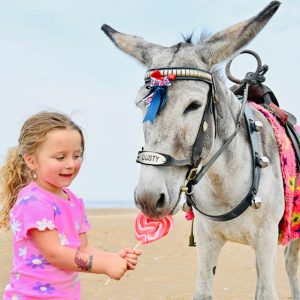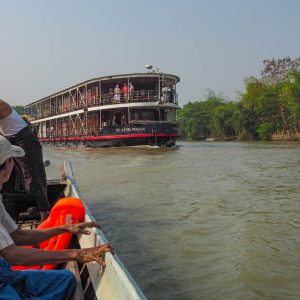Holidays offering different types of courses, from cookery to photography, are increasingly familiar, but the idea of learning a language sounds like hard work. Rupert Parker went to Palma, Mallorca, to brush up his Spanish.
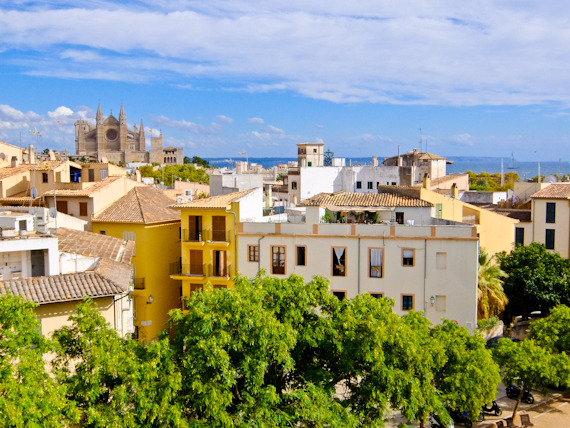 Mallorca is well known for sun, sand and fun, but not so far for Spanish lessons. I’m in Palma, the capital, getting ready to start school, but I can’t quite shake off that holiday mood. With the sun shining, it seems a shame to be indoors, but the classes are run by the distinguished International House company, so I know I’ll have to take them seriously. Most people come here for a minimum of a week, but I’ve only got a few days. I just hope that the bit of Spanish I know already will stand me in good stead.
Mallorca is well known for sun, sand and fun, but not so far for Spanish lessons. I’m in Palma, the capital, getting ready to start school, but I can’t quite shake off that holiday mood. With the sun shining, it seems a shame to be indoors, but the classes are run by the distinguished International House company, so I know I’ll have to take them seriously. Most people come here for a minimum of a week, but I’ve only got a few days. I just hope that the bit of Spanish I know already will stand me in good stead.
I arrive on Monday morning and, straight away, have both a written and verbal test. Even though I’ve spent time in South America, even attended a couple of classes before, I’m not prepared for how difficult I find it, but I try to bluff my way through. Now anyone who’s ever attended a language knows that you’re often caught between a rock and a hard place – either it’s too easy and you learn nothing, or it’s too difficult, and you also learn nothing.
On the basis of the tests, I’m assigned a class, just one above the beginners, and most of my classmates have already been here for a few weeks. We’re a small group, around ten with Germans, Swedes, Italians, French and a couple of English. I’m the only male and almost the oldest, but that doesn’t put me off. 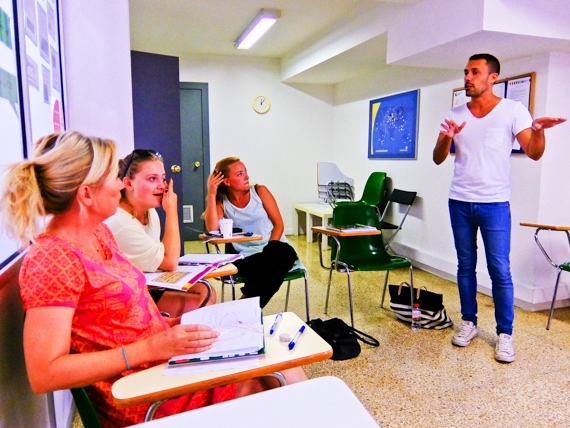 Javier Rodriguez, the teacher, is young, keen and full of fun, so nobody is frightened of making mistakes – apart from me, of course. I spend the first lesson absolutely terrified, dredging my memory to recall any vestige of Spanish, but Javier is encouraging, and soon I’m opening my mouth and semi-intelligible words and phrases spill out.
Javier Rodriguez, the teacher, is young, keen and full of fun, so nobody is frightened of making mistakes – apart from me, of course. I spend the first lesson absolutely terrified, dredging my memory to recall any vestige of Spanish, but Javier is encouraging, and soon I’m opening my mouth and semi-intelligible words and phrases spill out.
Each class lasts four hours and fortunately there’s a coffee break halfway through. Since it’s the first day everyone is offered a free drink and sandwich at the nearby café, and it’s a good way to get to know each other. Fortunately we’re allowed to speak English and I discover that some of the younger women have come here to be with their Spanish boyfriends, others have moved here permanently and there are a couple who are on holiday. They all agree that they’ve made good progress, so I’m beginning to think there’s hope for me.
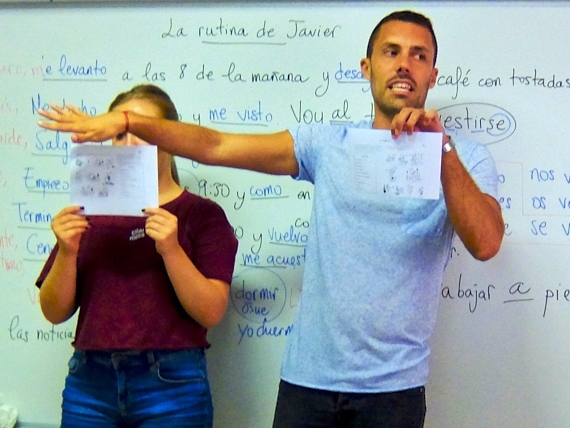 Fortunately school finishes at 1.30pm which means that every day I’m ready for a substantial lunch to nourish my brain. Palma has a huge number of excellent restaurants and many offer a good value set meal. Afternoons are free for homework, exploring the city or even catching some sun on the beach. The school organises optional activities in the evening and in my week, there’s a guided tour of the old palace and a live flamenco concert.
Fortunately school finishes at 1.30pm which means that every day I’m ready for a substantial lunch to nourish my brain. Palma has a huge number of excellent restaurants and many offer a good value set meal. Afternoons are free for homework, exploring the city or even catching some sun on the beach. The school organises optional activities in the evening and in my week, there’s a guided tour of the old palace and a live flamenco concert.
I soon settle into a rhythm of turning up at 9.30am, making sure I’ve completed my homework, and gradual improving both my comprehension and speaking ability. My initial fear begins to disappear, and I gain in confidence. Much of the class is spent doing routines with a partner, so you really are forced to communicate. Of course as soon I think I’m getting somewhere, Javier plays a recording of a real Spanish speaker, and it’s a struggle to understand anything, but this is all part of the gentle process of learning.
Palma is a compact city, its architecture an interesting mix of the medieval and modern, and the food market is one of the best in Spain. I wander around practising my newly acquired Spanish, although I find when it comes to asking for fish my vocabulary is woefully inadequate. It doesn’t help that many stallholders use the Mallorcan dialect words, so I get doubly confused.
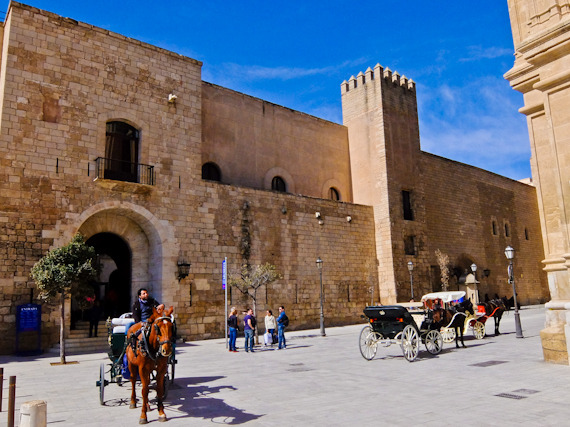 Fortunately, on my last day in class, the lesson is devoted to food, and we’re divided into countries, tasked with describing our national dish. We decide to be ambitious and go for roast beef with all the trimmings. Yorkshire pudding seems particularly challenging, but the Spanish equivalent is Pudin, and it’s just necessary to describe the Yorkshire bit. I also learn that horseradish is translated as rabano picante and our efforts do not go unrewarded. The teacher tells us that previous English students always chose fish and chips, so we get a gold star.
Fortunately, on my last day in class, the lesson is devoted to food, and we’re divided into countries, tasked with describing our national dish. We decide to be ambitious and go for roast beef with all the trimmings. Yorkshire pudding seems particularly challenging, but the Spanish equivalent is Pudin, and it’s just necessary to describe the Yorkshire bit. I also learn that horseradish is translated as rabano picante and our efforts do not go unrewarded. The teacher tells us that previous English students always chose fish and chips, so we get a gold star.
Palma is the ideal place to learn Spanish as flights are plentiful from the UK and there’s accommodation to suit all budgets. I’m impressed by the standard of teaching and pleased by my progress. Spending just the morning in the classroom means there’s plenty of time to explore the city or the rest of the island. However, if you really are serious you’d better devote that time to going over everything you’ve learnt.
More information
International House Palma, offers Spanish courses for all levels from €210 per week
The Nakar Hotel offers double rooms from €90 per night in a standard or €165 per night in a junior suite including a buffet breakfast. It’s a short 15-minute walk to International House.
Gatwick Express is the easiest way to get to Gatwick Airport.
Visit Palma has information about the city.

